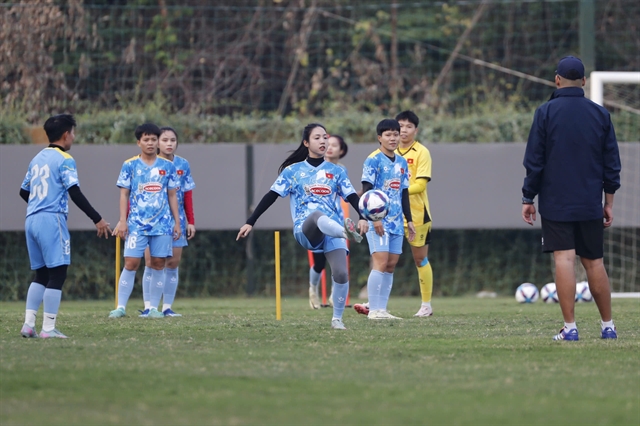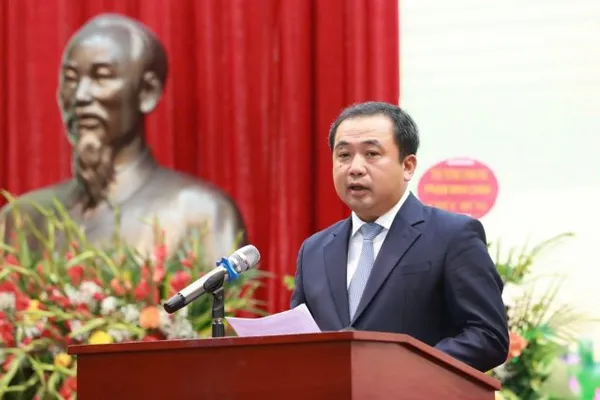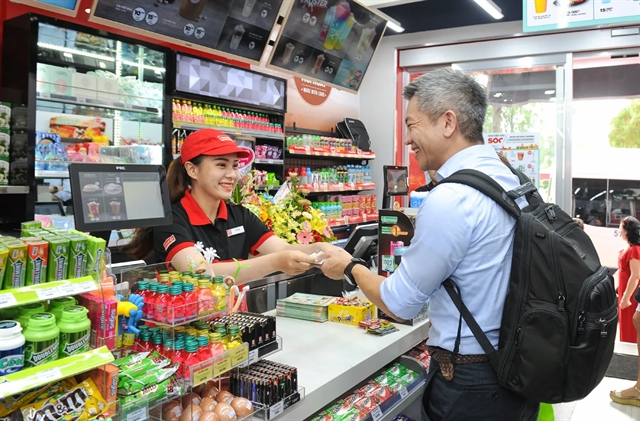 Politics & Law
Politics & Law
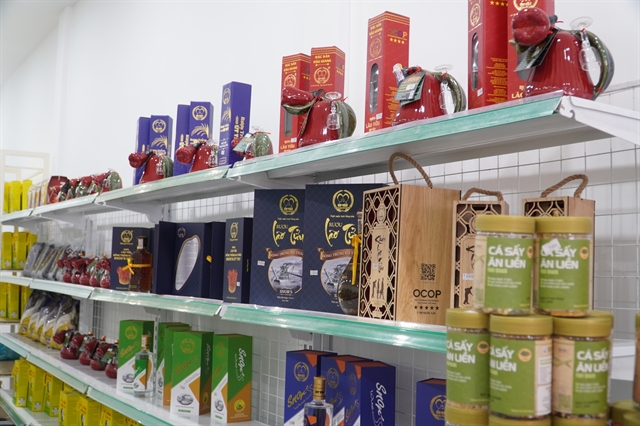
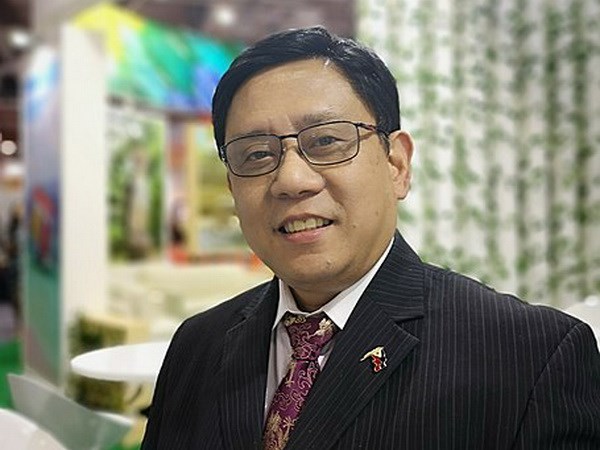
|
| Ambassador and Permanent Representative of the Philippines to ASEAN Noel Servigon |
Ambassador and Permanent Representative of the Philippines to ASEAN Noel Servigon shares his views with Vietnam News Agency correspondent in Jakarta, Indonesia on the recently concluded 37th ASEAN Summit and Related Meetings.
How do you evaluate the results of the 37th ASEAN Summit and related meetings? What are the messages and commitments conveyed by Philippines at these meetings?
The recently concluded and highly successful 37th ASEAN Summit and Related Summits continued to highlight the importance of ASEAN centrality, and the relevance of ASEAN and its mechanisms.
At the heart of the Summit was the region's collective response not only to address the enormous challenges posed by the pandemic, but also to embrace the opportunities towards a better future for all our peoples.
At the Summit meetings, Philippine President Rodrigo Roa Duterte underscored the immediate priorities of health security and enhancing early warning systems, as well as ensuring unimpeded access and supply of essential goods.
President Duterte also stressed the importance of access to safe vaccines as key to building back better, healthier and more prosperous societies.
President Duterte called for decisive action to address the disproportionate impact of the pandemic on women, migrant workers and vulnerable sectors, as well as strengthening social protection systems and disaster preparedness measures. He highlighted the importance of decisively addressing climate change, urged partners to recommit to climate action and called for increased climate financing, technology transfer, and capacity building in our region.
The Philippines also emphasised the need for an open and inclusive regional architecture where ASEAN plays a central role and the primacy of the rule of law for regional peace and stability.
Maintaining ASEAN centrality, pushing joint efforts to fight the COVID-19 pandemic, promoting regional recovery, concluding the RCEP....What are the most outstanding performances achieved by ASEAN in this very difficult year?
This year, ASEAN adopted a number of forward-looking documents and initiatives which make it clear that the only path forward must be one towards an even deeper regional engagement on vital issues.
The launch of the ASEAN Center for Public Health Emergencies and Emerging Diseases is a prime example. The Center is a manifestation of our collective recognition that if we are to emerge victorious from this current pandemic and avoid future ones, we must work in concert with one another. The Center is but one of the many outstanding initiatives born this year that will guide us in the years to come.
The signing of the Regional Comprehensive Economic Partnership (RCEP) Agreement is another example of the 15 countries joining hands and embracing cooperation in the midst of protectionist pressures.
Apart from the many laudable initiatives conceived in 2020, this year should also be marked by the sheer triumph of the ASEAN spirit - one that is characterised by unity in diversity. Despite the challenges posed by the pandemic, our resolve to face those hurdles together have never been stronger.
What does the signing of the RCEP mean for ASEAN in the context of the global economic downturn caused by the COVID-19 pandemic? What does Philippines expect from this agreement?
The signing of the Regional Comprehensive Economic Partnership (RCEP) Agreement on 20 November 2020 brought to a close an 8-year process of negotiations and marks the beginning of an even deeper regional integration. This milestone Agreement is a beacon of hope in the face of rising protectionism and charts a path to strengthen supply chain connectivity.
The signing of RCEP demonstrates the commitment of 15 countries to freer trade and provides the momentum to economic recovery at a time when the global economy plunges into its worst recession brought about by the COVID-19 pandemic.
The Philippines views the signing of world's largest free trade agreement as a catalyst for the region's socio-economic development. RCEP countries account for more than 50 per cent of the Philippines' export market, and it has the potential to boost the region's economic recovery. Given the enormous challenges of the pandemic, RCEP is crucial as we connect with countries where supply chains are essential to our economic recovery.
Deepening regional integration and strengthening supply chain connectivity is more important than ever. It will have far-reaching tangible and collective benefits and advantages for the region and our individual economies by, among others, empowering micro-, small and medium enterprises to gainfully participate in the global value chain, generate jobs and improve standards of living in the region and restore much needed business confidence.
How has Việt Nam performed its role as ASEAN Chair, especially in the challenging context of the COVID-19 pandemic and amid growing tension in the region?
Việt Nam's leadership to maneuver ASEAN through this pandemic is highly commendable as it led negotiations on many critical issues spanning cooperation on the three pillars of political-security, economic and socio-cultural cooperation with its external partners. The mantle of leadership was made heavier as the region moved through the unchartered terrain of the pandemic that brought all of us to unimagined realities. Despite the challenges, Việt Nam not only successfully convened ASEAN meetings, but kept the momentum of cooperation going with all of ASEAN's Dialogue and External Partners, as well as through ASEAN-led mechanisms such as the East Asia Summit.
And across these many interactions, Việt Nam consistently underscored the primacy of ASEAN centrality, making it clear that ASEAN is in the driver's seat and decides the course of the region's future.
What would be major challenges as well as opportunities for ASEAN in the coming years? Do you think that our region needs to continue to promote the spirit "ASEAN cohesive and responsive"?
Recovery from the impact of the pandemic will shape our region's future for quite some time. As underlined by President Rodrigo Roa Duterte during the 37th ASEAN Summit, we need to fast track the implementation of the ASEAN Comprehensive Recovery Framework.
Economic growth and human capital development must go hand-in-hand. For recovery to be comprehensive and enduring, the lives of each and every one of our peoples must be uplifted. As President Rodrigo Roa Duterte highlighted during the 37th ASEAN Summit, growth, to be truly transformative, must be enjoyed by all. There is, therefore, a need to upskill and re-skill our labor forces to enable them to better maneuver through new realities.
Another key challenge the region must overcome is ensuring that growth and development are safeguarded from the unforgiving onslaught of disasters. We must not waver in our collective action to combat the effects of climate change and further enhance our cooperation on disaster risk reduction management to reinforce our capacities, both at the national and regional levels. VNS

